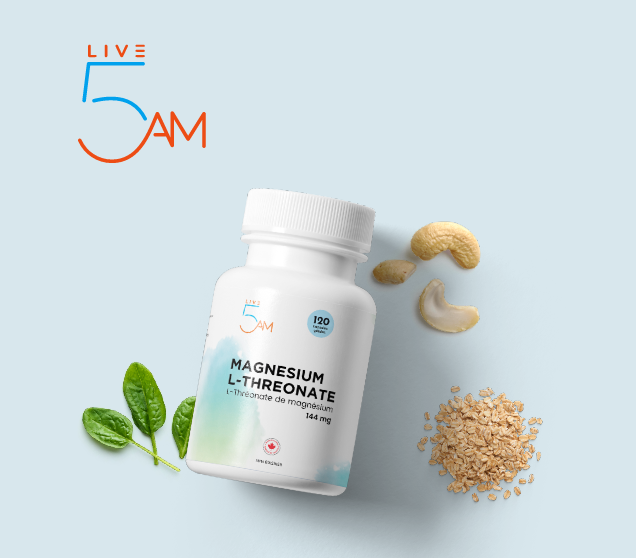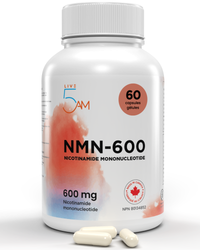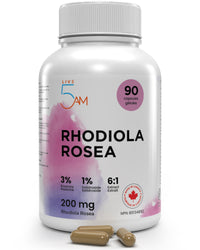The Myth of More
You've been told that energy comes from effort. That clarity comes from pushing harder.
But what if the secret to mental sharpness, is the pause?
In this post, we explore how 30-second moments of quiet can reset your nervous system, elevate focus, and return you to yourself-and how nature (including Rhodiola) can support the process.
A small adjustment sends a message to your body:
"I hear you. I'm with you. We're changing things."
The Science of Stillness: How Micro-Moments of Quiet Sharpen Your Mind (And why the loudest brain isn't always the smartest one)
We're living in the age of overstimulation-constant alerts, mental clutter, and the myth that staying "on" all day means we're being productive. But what if the sharpest minds don't push harder? What if they pause better?
New neuroscience suggests that even 30-second moments of stillness-without screens, without sound, without input-can help:
- Reboot your prefrontal cortex
- Reduce mental fatigue
- Improve working memory and creative insight
- Regulate cortisol and heart rate variability (HRV)
- Make better decisions under stress
In other words: clarity doesn't always come from doing more; It comes from listening more deeply to what's already there.
"Almost everything will work again if you unplug it for a few minutes, including you." -Anne Lamott
Here are five micro-stillness rituals you can actually fit into real life:

-
30-Second Nature Glance Look out a window. Walk near something green. Even a photo of a forest can help. Nature exposure-even briefly-has been shown to lower cortisol and restore attentional control.
-
One Silent Sip Drink your water or tea without doing anything else. Just sip. It cues your nervous system to downshift-and signals that not every moment needs input.
-
The "Name It" Reset Pause and name what you're feeling in one word. Not a sentence. Just a word. Studies show that labeling emotions helps the brain process them, not suppress them.
-
The 4-4-4 Breath Inhale for 4 seconds, hold for 4, exhale for 4. Repeat 3 times. This Navy SEAL technique is proven to calm your fight-or-flight response quickly.
-
The Screenless Minute Set a 1-minute timer. Turn away from all screens. Let your mind idle. Boredom is not a bug-it's how your brain gets creative.
When Nature Helps: What Rhodiola Does (and Doesn't) Do
Let's clear the air: no botanical can replace boundaries or heal a chronically overscheduled life.
But the right support can help your body respond better to stress-and reclaim energy that burnout has drained.
Rhodiola Rosea is one of the most researched adaptogens in the wellness world. Here's what science (not hype) says it can do:
What Rhodiola Can Help With:
-
Mental fatigue: Especially during demanding work, exams, or long hours
-
Mild anxiety and mood dips: It supports neurotransmitters like serotonin and dopamine
-
Sustainable energy: Unlike caffeine, it supports adrenal balance without a crash
-
Cognitive clarity: Helps reduce brain fog, especially under pressure
What Rhodiola Won't Do:
-
It won't give you a "high." (And if a supplement promises that, run.)
-
It won't fix your stress if your schedule is still unsustainable.
-
It won't work overnight-adaptogens take consistent use to build effect.
Explore Rhodiola Rosea








